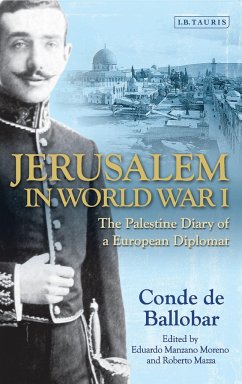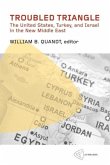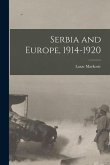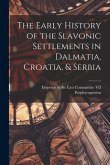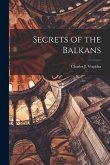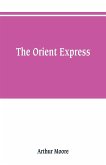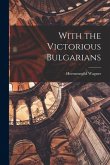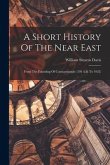When World War I broke out in Europe in the autumn of 1914, a young diplomat was sent to Jerusalem to take charge of the Spanish consulate in the city. Antonio de la Cierva y Lewita, better known as Conde de Ballobar, recorded the events he witnessed and described his experiences and opinions in a unique document that has become an invaluable resource for historians. Ballobar's diary provides an unparalleled insight into late Ottoman Jerusalem - and the upheavals of wartime life in the city - and includes a detailed account of the battle amongst the local churches over control of the city's holy places. Also touching upon the spread of Zionism and the establishment of British rule, Ballobar writes as a privileged observer of an exceptionally complex historical period. Available in English for the first time, this book will be essential reading for students and scholars of the late-Ottoman Empire and World War I in the Middle East.

